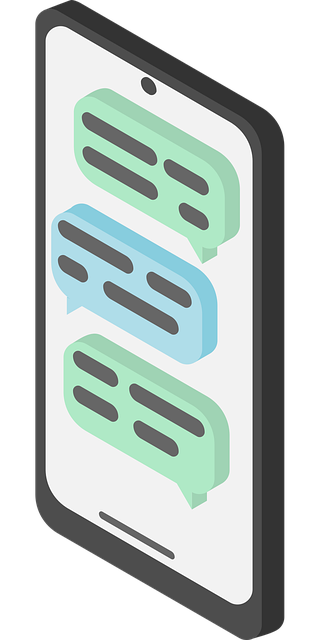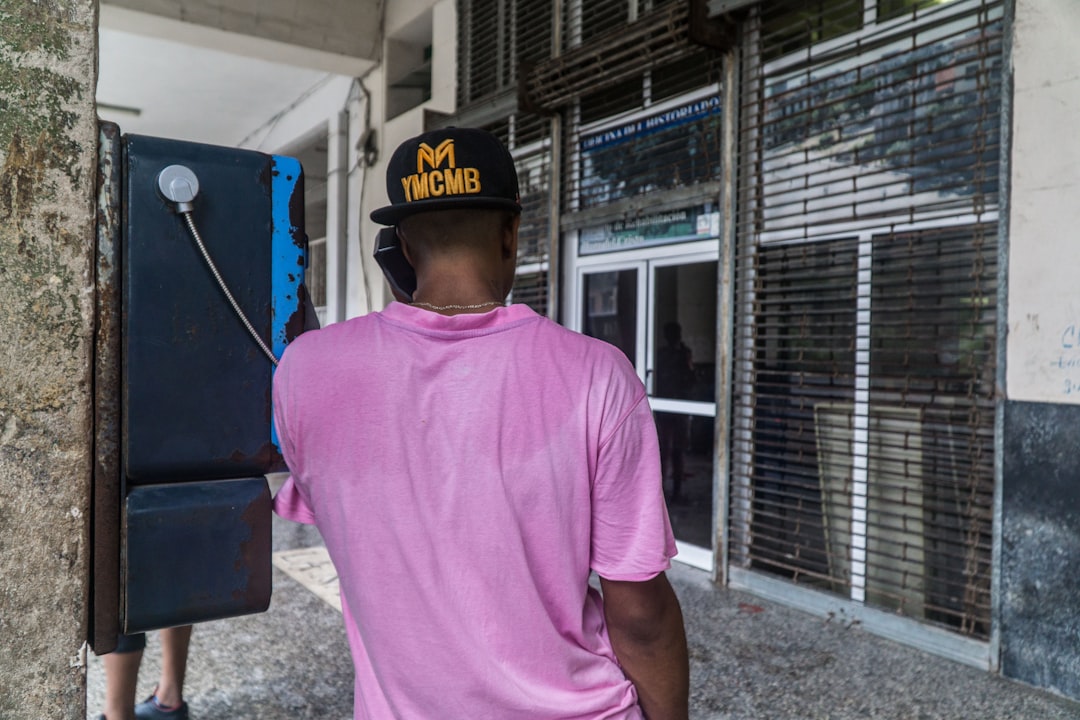Spam calls have reached epidemic levels in South Carolina, affecting 75% of residents. In response, South Carolinians are turning to specialized Spam Call law firms and lawyers for help under the Telephone Consumer Protection Act (TCPA). Integrating voice assistants with platforms like Alexa or Google Assistant offers another powerful solution. Residents can block spam effectively while navigating complex regulations by consulting experienced spam call lawyers in South Carolina, who empower them to protect their phone lines and peace of mind.
“In the digital age, spam calls have become a persistent nuisance in South Carolina, affecting residents across the state. This article delves into the escalating issue of spam calls and explores an innovative solution: the role of voice assistants in blocking unwanted intrusions. We examine how these virtual helpers can fortify defenses against spam, offering a practical approach to combat relentless callers.
Furthermore, we analyze the legal framework, including TCPA laws, to understand the rights of South Carolina residents and the importance of consulting with experienced spam call lawyers for effective protection.”
Understanding Spam Calls and Their Impact in South Carolina
Spam calls have become a significant nuisance and legal concern in South Carolina, affecting countless residents across the state. These unsolicited phone communications, often promoting products or services, can be relentless and disruptive, leading to a decline in quality of life for many. In response, South Carolinians are increasingly seeking solutions to combat this growing problem. According to recent studies, over 75% of South Carolina residents regularly receive spam calls, with many experiencing up to 10 such attempts daily.
The impact of these calls extends beyond mere annoyance. They can be a violation of privacy and even pose financial risks if individuals fall victim to fraudulent schemes. As a result, understanding how to stop spam calls in South Carolina has become a top priority for both consumers and legal experts alike. Many residents are turning to reputable law firms specializing in spam call laws (TCPA) in South Carolina for guidance and legal action to protect their rights and halt these relentless intrusions.
The Role of Voice Assistants in Blocking Unwanted Calls
Voice assistants have emerged as powerful tools in the fight against spam calls, offering a convenient and effective solution for South Carolina residents looking to silence unwanted phone communications. These intelligent systems utilize advanced algorithms and machine learning to recognize and block spam calls before they reach your ear. By integrating with popular communication platforms, voice assistants like Alexa or Google Assistant can learn your preferences and automatically filter out known spam sources, ensuring a safer and less disruptive phone experience.
For those facing an onslaught of spam calls in South Carolina, seeking legal counsel from experienced TCPA lawyers is a wise step. A reputable Spam Call law firm in South Carolina can provide guidance on blocking these calls effectively while navigating the complex regulations surrounding them. By combining cutting-edge technology with legal expertise, residents can take control of their phone lines and enjoy peace of mind, knowing they are protected against invasive spam call campaigns.
Legal Aspects: Protecting Residents Through TCPA Laws in South Carolina
In South Carolina, the fight against spam calls is not just a technical challenge but also involves navigating complex legal territory. The Telephone Consumer Protection Act (TCPA) serves as a powerful weapon in this battle, providing residents with significant protections against unwanted phone marketing and robocalls. This federal law has been pivotal in how states, including South Carolina, address spam calls. By holding telemarketers and call centers accountable, the TCPA ensures that citizens can enjoy peace of mind while using their landlines or mobile phones.
A key aspect of this legal framework is that it allows residents to take proactive measures to stop spam calls. Individuals can register their phone numbers on the National Do Not Call Registry, a move that significantly reduces marketing calls. Moreover, South Carolina’s implementation of TCPA laws provides a strong foundation for individuals to seek legal recourse against persistent spam call invaders. Experienced spam call law firms in South Carolina offer guidance and representation, empowering citizens to protect themselves and hold offenders accountable, thereby fostering a safer and less intrusive communication environment.






